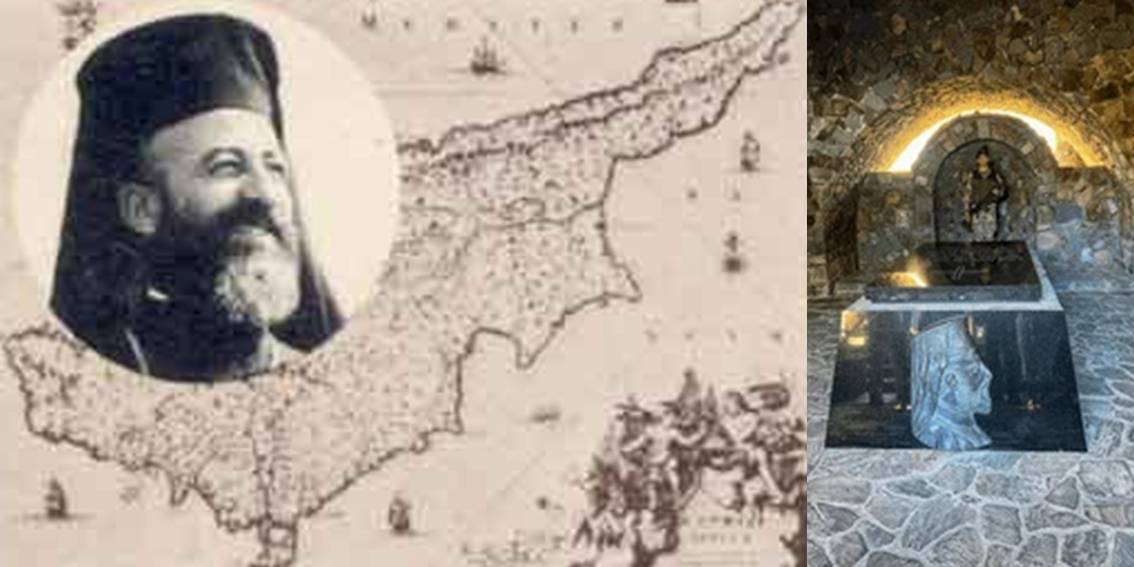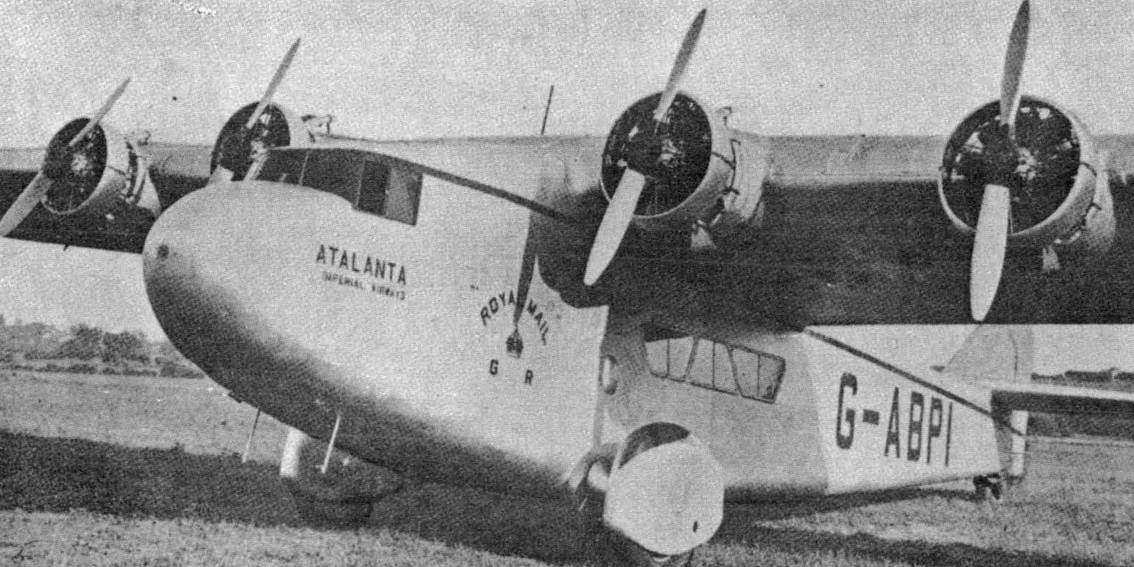Archbishop Makarios III: Early Life & Religious Path
Archbishop Makarios III: Born Mikhail Khristodolou Mouskos on August 13, 1913, in Pano Panayia, Paphos, Makarios came from humble beginnings as a shepherd’s son. He studied theology in Cyprus, Athens, and later at Boston University. Ordained in 1946, he rose quickly through church ranks, becoming Bishop of Kition (Larnaca) in 1948 and Archbishop of Cyprus in 1950.
The Fight for Enosis
As archbishop, Makarios inherited the political role of ethnarch (Greek community leader). He passionately advocated for enosis (union with Greece), opposing British rule and Turkish demands for partition. In 1954, he secured Greece’s support for this cause. Though suspected of ties to the armed EOKA movement, Makarios preferred diplomacy over violence.
Exile & Return
British authorities arrested Makarios for sedition in 1956 and exiled him to the Seychelles. Released in 1957, he negotiated Cyprus’s independence by 1959—a compromise abandoning enosis. On December 13, 1959, he was elected the first president of the Republic of Cyprus, with a Turkish Cypriot vice president.
Presidency & Challenges
His presidency faced immediate tensions:
1963–1967: Escalating Greek-Turkish violence led to Turkish Cypriot self-rule.
1968: Re-elected despite unrest, he shifted focus to unity, angering hardliners.
1973: Survived church-led calls to resign, winning a third term unopposed.
1974 Coup & Turkish Invasion
In July 1974, the Greek junta-backed National Guard staged a coup to force enosis. Makarios fled as Turkey invaded, seizing northern Cyprus. After the junta fell, he returned in December, vowing to resist partition until his death on August 3, 1977.
Key Facts:
Born: August 13, 1913
Died: August 3, 1977
Legacy: A unifying figure who navigated colonialism, civil war, and invasion to preserve Cypriot sovereignty.
Makarios remains a symbol of Cyprus’s complex struggle for independence and peace.




